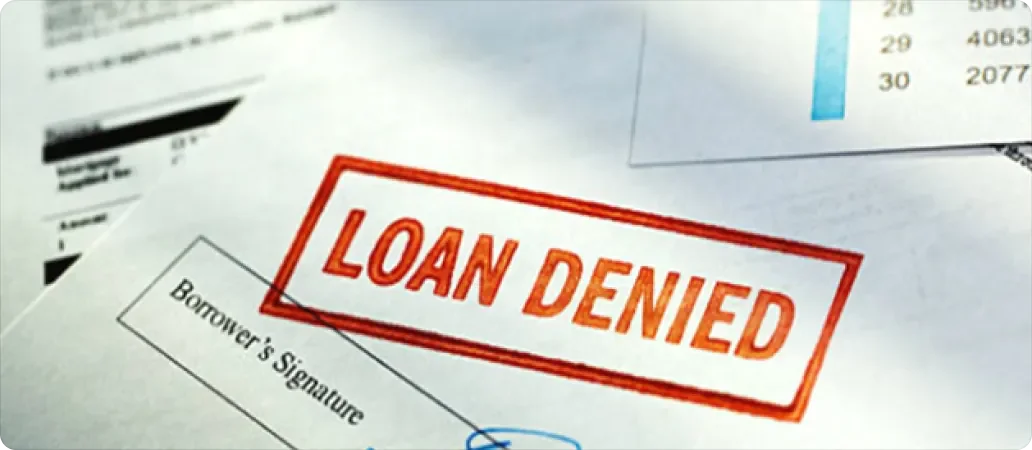The CIBIL scoring system works as an essential criterion for Indian businesses to establish their credit standing when they need financial loans. An organization needs a strong CIBIL score to obtain smooth loan agreements and attract favorable interest rates and shorter approval times. The article defines the minimum needed CIBIL score to get business loans while explaining the influence on loan eligibility assessment.
Understanding CIBIL Scores
Businesses seeking loans need to have CIBIL scores between 300 to 900 points where superior credit ratings appear with higher scores. A minimum score of 700 marks a good quality rating for business loans which helps applicants secure better loan conditions alongside greater approval prospects. The constitution of minimal CIBIL score requirements differs between financial institutions because they base their decisions on factors including the loan type and amount and its duration.
To receive business loans most financial institutions such as banks and NBFCs demand applicants to have a minimum CIBIL score of 700. MSME loan applications may find approval from lenders who work with CIBIL ratings between 650 to 685. Business loans along with their terms become less likely to receive approval when the CIBIL score falls below 650.
Factors Influencing the Minimum CIBIL Score
The following factors determine what minimum CIBIL score individuals need for obtaining business loans:
1. The score requirements for CIBIL differ between different types of loan products. Customers who apply for secured loans typically need lower credit scores than those who seek unsecured loans.
2. Every financial institution establishes its own limitations on credit risk acceptance and lending rules which control the necessary CIBIL score threshold.
3. Policies of financial institutions may evolve their credit score requirements based on the prevailing economic conditions of the market. When an economic downturn occurs lenders increase their requirements for credit scores in order to reduce risk levels.
4. Lenders demand borrowers to have higher CIBIL scores when seeking large loan amounts or extending repayment periods because it ensures effective loan management.
5. A business loan process becomes smoother when owners add co-signers who possess excellent credit scores.
Tips to Improve CIBIL Score for Business Loans
Businesses can improve their CIBIL score to qualify for better loans as well as obtain more attractive loan conditions. Here are some tips:
1. Businesses must pay all outstanding debts along with credit line obligations in a timely manner to establish a positive credit reporting history.
2. Businesses should maintain their credit utilization ratio at or under 30% because it shows loan borrowers handle credit obligations properly.
3. You should restrict your applications for multiple loans since they may cause negativity within your credit score data.
4. The monitoring of credit reports should be routine to identify any errors that create score problems.
Impact of Low CIBIL Score on Business Loans
A weak CIBIL score creates difficulties when trying to obtain business loans on beneficial conditions. The process of getting a loan with a poor score remains possible but the approval duration increases while interest rates rise. Lenders who support business loans for poor CIBIL scores usually impose rigid requirements and additional charges to their loan conditions.
A business must have a good CIBIL score when applying for loans to secure favorable loan conditions. A good credit score enhances business loan eligibility and provides favorable conditions such as reduced interest rates and elongated repayment lengths. The business growth and financial health experience major consequences from this situation.
Strategies for Businesses with Low CIBIL Scores
Companies with poor CIBIL scores should adopt these methods to enhance their credit rating:
1. Businesses that seek alternative lenders find financing options designed for enterprises with weak credit scores among their services. These loans possess higher interest costs yet contribute to enhancing credit scorings during multiple payment cycles.
2. Businesses that present collateral to their lenders face reduced risks thus obtaining loans with challenging CIBIL score backgrounds.
3. Loan eligibility will improve when the applicant takes on a reliable co-signer who shows strong credit scores.
4. To improve credit score, one should resolve previous issues and then follow proper credit habits to maintain good financial standings.
Conclusion
A business needs to maintain a good CIBIL score status for its potential to obtain loans. Financial institutions typically offer the most favorable loan conditions to borrowers whose CIBIL score exceeds 700. Businesses seeking to boost their creditworthiness while handling complex business loans should consider the financial solutions from Unity Small Finance Bank which promote operational growth.
A business can enhance its chances of getting loans by knowing what affects CIBIL scores and creating appropriate strategies to improve those scores. Businesses that pay their debts on time while keeping their credit utilization low together with avoiding unnecessary loan applications will earn positive credit marks that open better financial opportunities.
Businesses need to perform routine credit report checks to maintain accuracy and must address detected errors without delay. Businesses that practice proactive credit management strategies will establish a solid financial base needed for enduring success.



